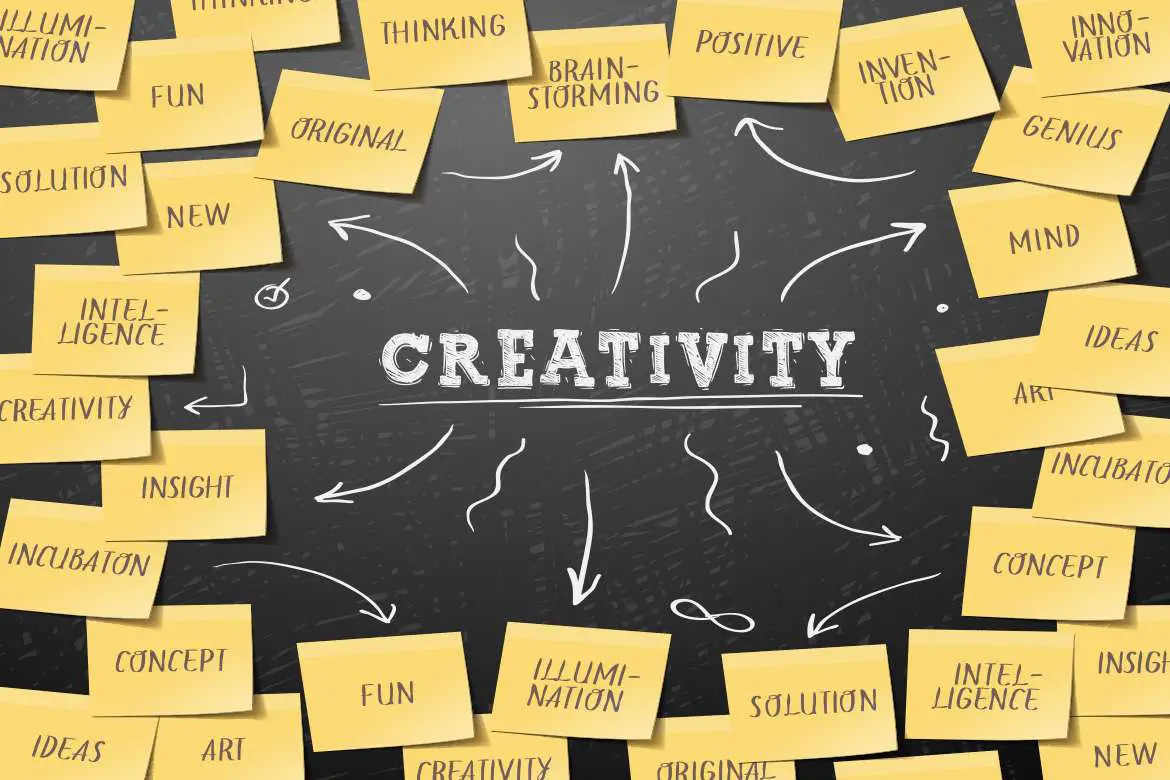Creativity training is often seen as a luxury, something that only those in the arts or with a lot of free time can afford to invest in. However, the benefits of creativity training extend far beyond the confines of the artistic world. In fact, recent studies have shown that there are real cognitive benefits to be gained from engaging in creative activities on a regular basis. So if you’ve been looking for a way to boost your brainpower, creativity training might be just what you need. In this blog post, we’ll explore some of the benefits of creativity training and how it can help you in your personal and professional life.
In a world that is constantly changing and evolving, it’s more important than ever to have creative skills. Whether you’re looking to change careers or advance in your current field, creativity training can give you the edge you need to succeed. There are many benefits of gaining creative skills, including improved problem-solving ability, increased innovation, and better communications. In addition, creativity training can help reduce stress, increase job satisfaction, and boost your overall well-being. If you’re ready to unleash your inner creative genius, read on for more information about the benefits of creativity training.Visualisation Skills Queensland
What is creativity training?
Creativity training is designed to help people develop their creative skills. It can involve different techniques and activities, but the goal is always to improve creativity.
Some people may scoff at the idea of creativity training, thinking that creativity is something that you either have or you don’t. However, there is a growing body of evidence that suggests otherwise. Creativity is a skill that can be developed with practice, just like any other skill.
There are many benefits to gaining creative skills. For one, it can make you better at problem-solving. If you can approach problems from a creative perspective, you’re more likely to find innovative solutions. Creative thinking can also help you come up with new ideas for products, services, or businesses. And if you’re looking for a career change, developing your creative skills can make you more attractive to potential employers.
So what exactly is creativity training? It depends on the program, but there are some common elements. Many programs will start with an assessment of your current level of creativity. From there, they may provide exercises and activities designed to help you increase your creative thinking skills. Some programs may also include workshops or classes on specific topics related to creativity (such as brainstorming or design thinking).
If you’re interested in exploring creativity training further, there are a few things to keep in mind. First, not all programs are created equal—do your research before enrolling in anything
The benefits of creativity training
Creativity training can offer a number of benefits for individuals, including:
– improved problem solving skills
– enhanced divergent thinking
– better collaborative abilities
– greater confidence in one's creative abilities
– increased self-awareness about one's own creative process.
Each of these benefits can lead to positive outcomes in various areas of life, from work and school performance to personal relationships. Additionally, creativity training can help to counterbalance the negative effects of stress and boredom.
The different types of creativity training
There are many different types of creativity training available to help people gain creative skills. Some common methods include brainstorming, word association, and free writing.
Brainstorming is a popular method for generating new ideas. It involves a group of people working together to come up with as many ideas as possible in a short period of time.
Word association is another popular method for generating new ideas. It involves thinking of a word and then brainstorming all of the other words that come to mind in relation to that word.
Free writing is another popular method for generating new ideas. It involves writing down whatever comes to mind without censoring or editing oneself. This can be helpful in getting started on a project or in breaking through creative blocks.
How to get started with creativity training
If you're interested in pursuing creativity training, there are a few things you should know before getting started. First, understand that creativity is a skill that can be developed and refined through practice. Like any other skill, it takes time and effort to improve your creative abilities. Creaction Workshops Queensland
Second, don't be afraid to experiment. Trying new things is essential to the creative process. Be open to new ideas and explore different methods of creative expression.
Finally, don't be discouraged if you don't see results immediately. It takes time to develop creative skills, so be patient and keep practicing!
If you're looking to boost your creativity, training is a great way to start. By attending workshops and classes, you can learn new techniques and gain the skills you need to be more creative.
There are many different types of creativity training available, so it's important to find one that's right for you. For example, if you're a visual person, you might want to try a painting or drawing class. Or if you're more verbal, you could try a writing workshop.
Once you've found the right type of training, the next step is to get started. Here are some tips to help you get the most out of your creativity training:
- Set aside time for creativity each day. Whether it's 10 minutes or 2 hours, make sure you have time set aside specifically for creative pursuits. This will help ensure that you actually use the skills you learn in class.
- Practice regularly. Like any skill, the more you practice, the better you'll become at using your creativity. So make sure to find ways to incorporate creativity into your daily life.
- Be open to new things. When attending workshops or classes, be open to trying new things and exploring different approaches to creativity. You never know what might spark your next great idea!





